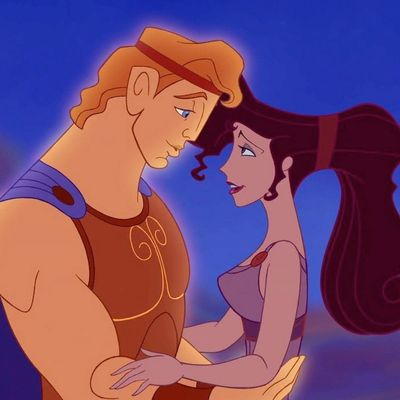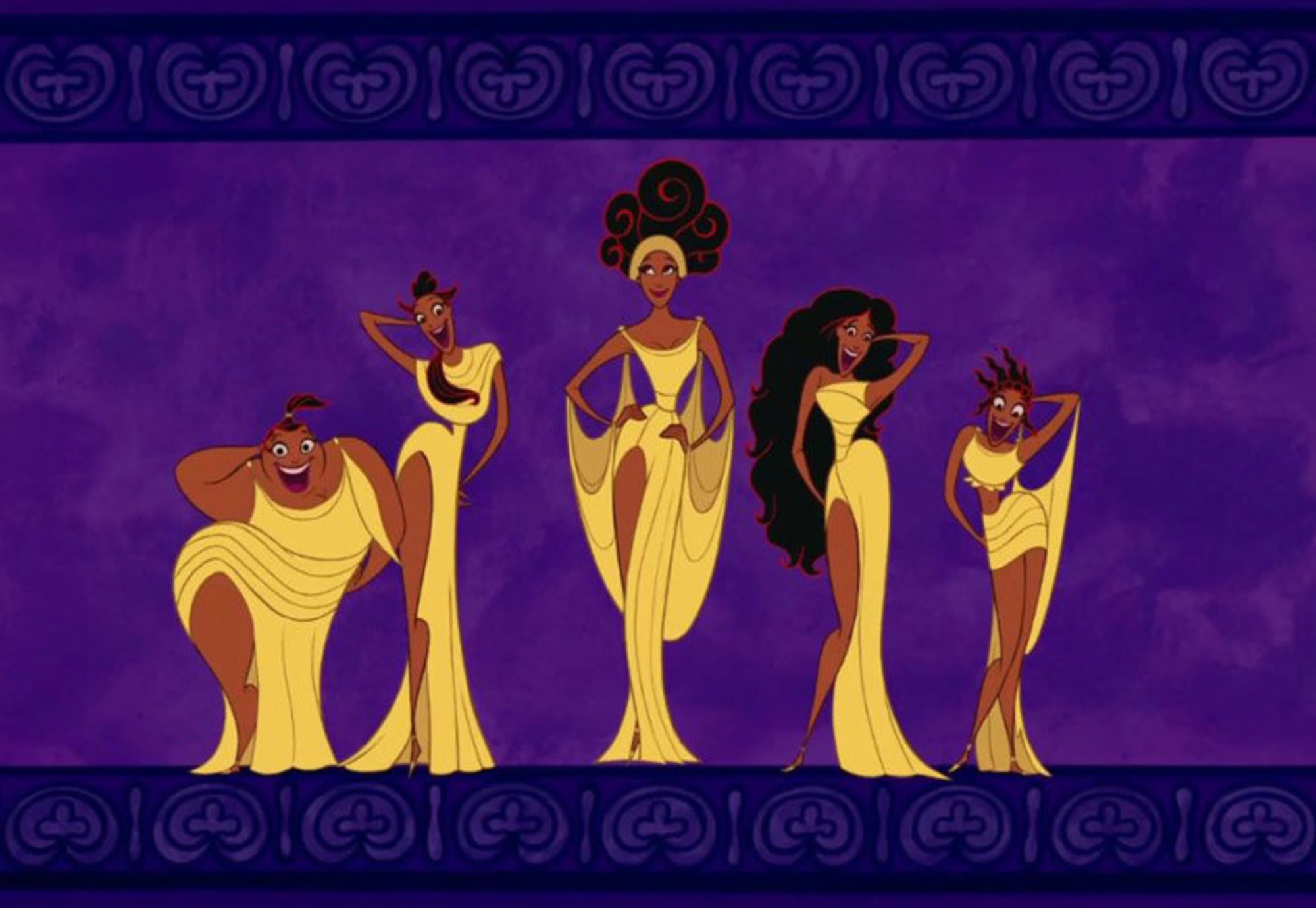Disney's Hercules: a constant classic
Hercules: A legacy of myth-retellings
To commemorate one year of the blog, I have very selfishly decided to write about one of my absolute favourite films: Disney’s Hercules (as if I don’t already dictate all the content I produce). If you’ve not seen this film before, that needs to change ASAP, and if you have seen it, enjoy!
Myth retellings and new translations have always been popular, but in recent years it seems the publishers have been inundated with them. They all seem to have the same font and a similar cover art design, with reviews harking back to Madeline Miller’s The Song of Achilles (a tear-jerker, to be sure) if it’s a queer retelling and Circe (on my TBR, don’t worry) if it’s feminist. Now, I have few complaints about this aside from having not enough time and too few funds to be able to ever get through all these retellings, but it’s certainly made me think about why we love mythological retellings so much - in particular the ancient Greek ones.
In my opinion, myth is one of those genres which is wonderful because we know so little for certain about it. We sometimes take for granted that mythology is, at its core, just stories, told as people make sense of the world around them, teach moral lessons, entertain audiences, and pass the time. Myths in any cultural legacy are part of a very human connection to storytelling. If we take just the ancient Greek myths, there’s obviously a whole wealth of material we can delve into but some stories and characters stick in the mind more prominently than others. Yes, recent authors of myth retellings have made efforts to privilege those lesser known figures, most commonly by providing female narrations of the major stories, but ultimately men like Hercules (“honey you mean HUNK-ULES!”) dominate popular knowledge of Greek mythology.
This is probably a good time to acknowledge that Disney’s Hercules changes a lot of the details from the original myth, like Hercules’ relationship with Megara (very toxic - definitely not an ideal marriage). However, as I write this, it occurs to me that I’ve done precisely what I warned against: treating myth as if it’s fact and not fiction, however ancient. That fact, combined with my belief that adaptation necessarily requires changes to be made for creative licence to mean anything, means that the changes made in Disney’s Hercules aren’t all “bad” or inappropriate, and can instead be interesting points of divergence.
Primarily, Hercules being a Disney film means its target audience is children and, like many Disney films, there’s a moral tale underlying the story. Hercules is a young man who comes into his own by believing in himself and doing good for the people who are disadvantaged, and also by staying true to his roots. In some ways, I think this can be slightly problematic. Myths aren’t always moral tales, and in fact some of the stories are pretty grim. Making myth retellings into morality tales could suggest to audiences that because a story is ancient it’s therefore of a higher moral caliber than new stories, which is obviously untrue. Imposing a false sense of legitimacy into myth obscures the fact that myths, like all stories, are the result of human imaginations which are just as fallible as the human narrators. All that said, though, Disney adapting the Hercules myth for its young audiences and deciding that there’s a new story that can be told isn’t a bad thing.
By positioning the Muses as the primary storytellers, bridging the gap between the audience and characters, the film makes a new storytelling intervention. The Muses are probably Disney’s most iconic storytellers, and for good reasons. They’re talented, stylish, charismatic, and have a flair for drama. But they also represent something very important in this new Hercules mythology. Stories can be ancient, carried only by word of mouth and with no verifiable author or source, but still hold such power because they have been told well, that is to say, memorably. In Greek mythology, the Muses were nine sister deities, “goddesses of the arts, and proclaimers of heroes,” so it follows that in Disney’s version, they tell us Hercules’ story, and through song, no less.
Ultimately, what makes Hercules a great film is that it revives an ancient myth for new audiences, brings humour and theatricality and fun to what could be a very grim story, and at the same time is telling a moral story about what it means to be a hero. Yes, it makes some significant departures from the original myth and hides some of the more macabre and unpleasant parts, but stories continue to survive the test of time because we make changes to them, and because we see how they can fit into our lives as we live them right now. It’s no great secret that we don’t, in fact, live in ancient Greece, so the adaptations we see and create are the products of our contemporary lives. As humans change with the times, so do their stories, and isn’t that a beautiful thing?


:max_bytes(150000):strip_icc():focal(999x0:1001x2)/rexfeatures_1579771a-2000-5e87f1a6b55a4a3e82898556861bc0d5.jpg)



Comments
Post a Comment